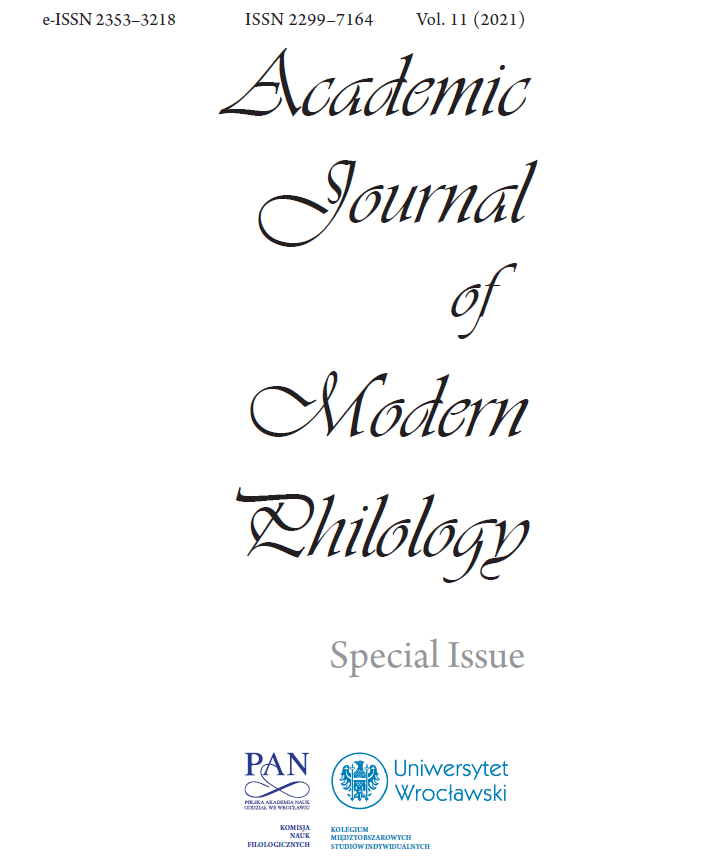L’entrée à Jérusalem : un exercice de style (de la liturgie au jeu)
The Entry to Jerusalem: an Exercise of Style (from Liturgy to Play)
Author(s): Catherine Mélou-Le FerrandSubject(s): Christian Theology and Religion, Language and Literature Studies, Literary Texts, Theology and Religion
Published by: Komisja Nauk Filologicznych Oddziału Polskiej Akademii Nauk we Wrocławiu
Keywords: Medieval literature; Christ’s Passion; Didot manuscript; theatre in Langue d’Oc; entry to Jerusalem; staging
Summary/Abstract: The first representations of the Passion of Christ in vernacular language mark an upheaval in liturgical codes. The entry to Jerusalem symbolises this change, as it is one of the most important episodes in the liturgy. It is a popular as well as a royal scene, and a scene of jubilation. It takes place outside the church where a procession has been organised. Through the text of one of the first Passions represented in the Langue d’Oc, namely the Didot manuscript of the Passion, we can see how the staging of the event takes place naturally, even—or especially—in the absence of precise stage directions. Amplification is a part of the game in which no rules are set; it merges with worship and offers devotees the opportunity to get involved in the story. The existing iconography, developed by artists since the 4th century, establishes the symbolic base on which the theatre can rely—costumes, sets and accessories. The very particular liturgy of this scene, celebrated during the Palm Sunday service, reinforces its theatricality and the acting (outside the church), as well as favouring a reversible character of the show. Hence, the spectator becomes an actor and the actor contemplates Christ. The stage directions, along with the absence of precise instructions, outline the codes, constraints and inventions of a nascent Passionist theatre.
Journal: Academic Journal of Modern Philology
- Issue Year: 2021
- Issue No: 11
- Page Range: 127-134
- Page Count: 8
- Language: French

